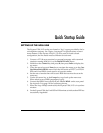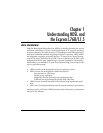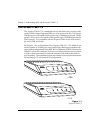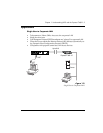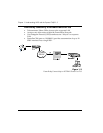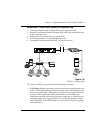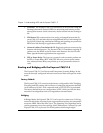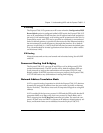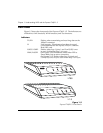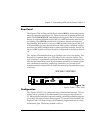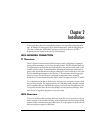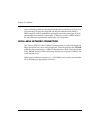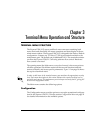
Chapter 1: Understanding HDSL and the Express L768/L1.5
8
Express L768/L1.5 User Manual 61202192L1-1
2.
IP Router:
The Express L768/L1.5 can function as an IP router using the
Routing Information Protocol (RIP) for advertising and learning routes
among other routers. Static routes may also be entered into the routing ta-
ble.
3.
IPX Router:
IPX routers and services can be exchanged between the Ex-
press L768/L1.5 and other devices using RIP and Service Advertising Pro-
tocol (SAP). Watch dog serialization filtering and spoofing can permit the
ISDN to be idle during no application traffic periods.
4.
Network Address Translation (NAT):
Single networks can connect to the
Internet with this function. The Express L768/L1.5 translates outgoing IP
packets over the HDSL to the IP router at the Internet Service Provider.
Many popular Internet applications are supported.
5. PPP or Frame Relay:
The layer two protocol used to transfer packets can
be PPP or Frame Relay (RFC 1490). PPP allows a point-to-point connec-
tion, whereas Frame Relay can provide up to ten permanent virtual cir-
cuits.
Routing and Bridging with the Express L768/L1.5
The Express L768/L1.5 is a Router and Transparent Learning Bridge. Its fea-
tures can be easily configured and used once several basic concepts are under-
stood.
Factory Default
The Express L768/L1.5 comes from the factory configured for MAC Bridging,
IP routing and IPX routing with no filters or connection information defined.
An IP address of 10.0.0.1 with a network mask of 255.255.255.0 is preloaded.
The factory default layer two configuration is PPP, which provides the least
amount of reconfiguration due to its negotiation-oriented nature.
Bridging
In Bridge Mode, the Express L768/L1.5 can be used to connect two LAN seg-
ments. In this mode, all protocols are supported because they are transported
across the HDSL link at the MAC layer. The Spanning Tree Algorithm can be
used to guarantee a loop-free topology. MAC addresses are “learned” by each
Express L768/L1.5 to prevent non-WAN packets from being bridged.




